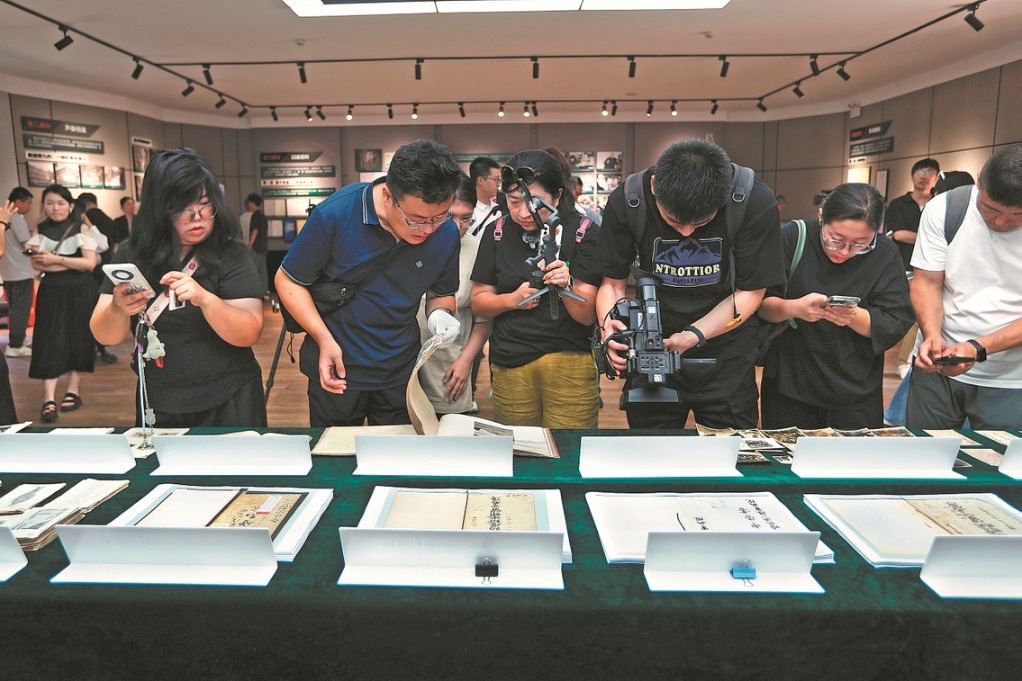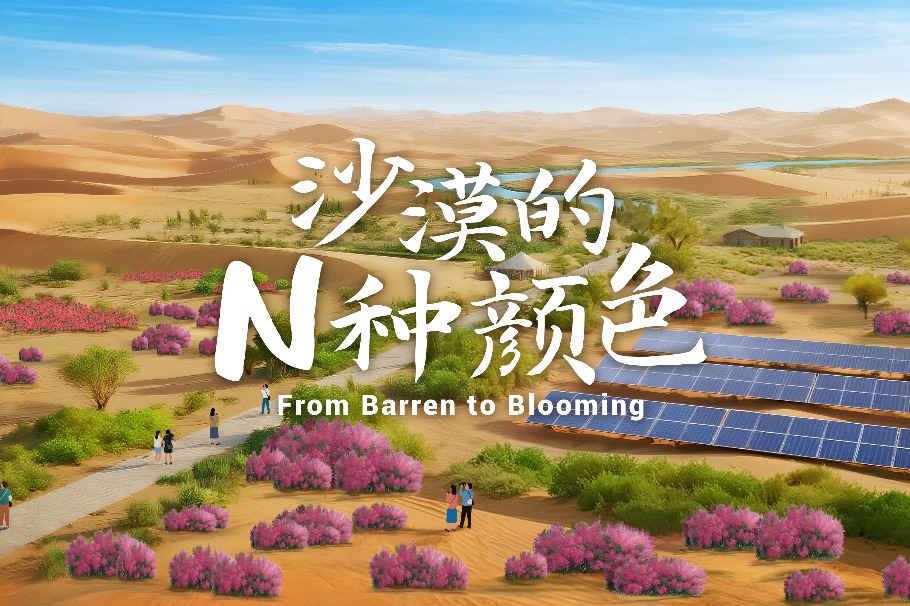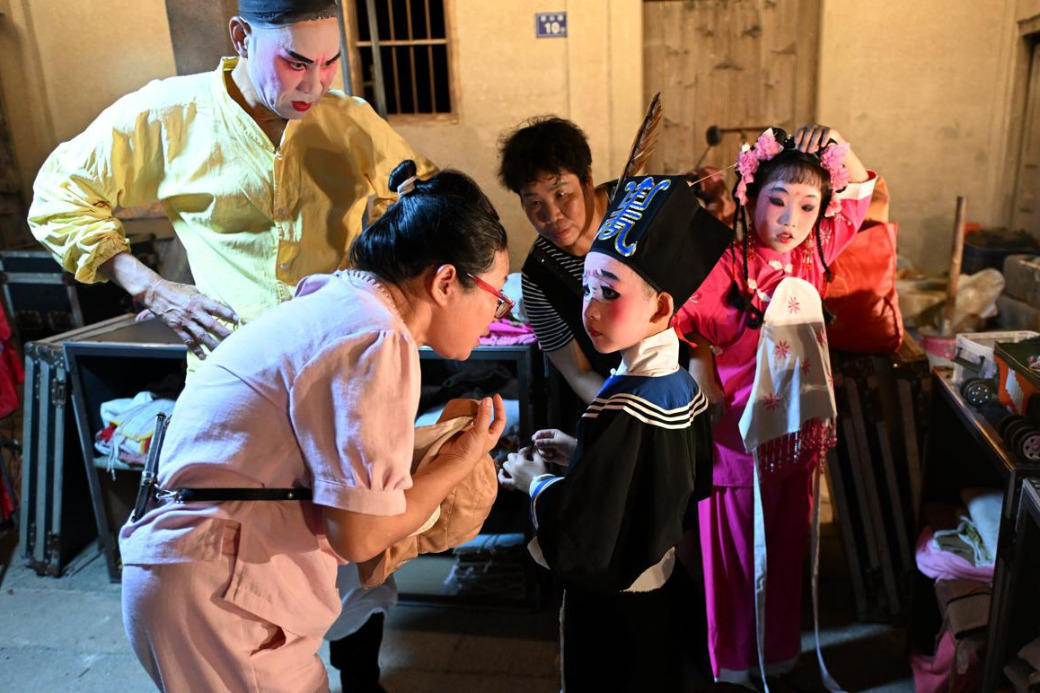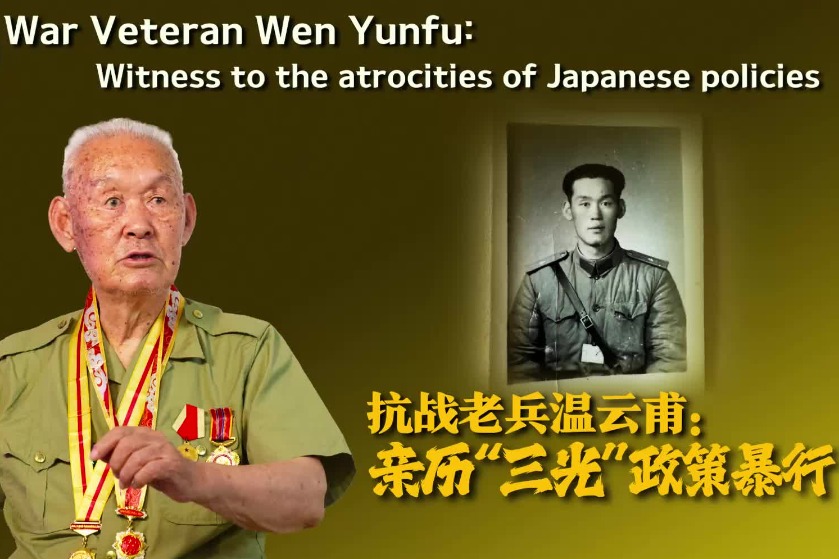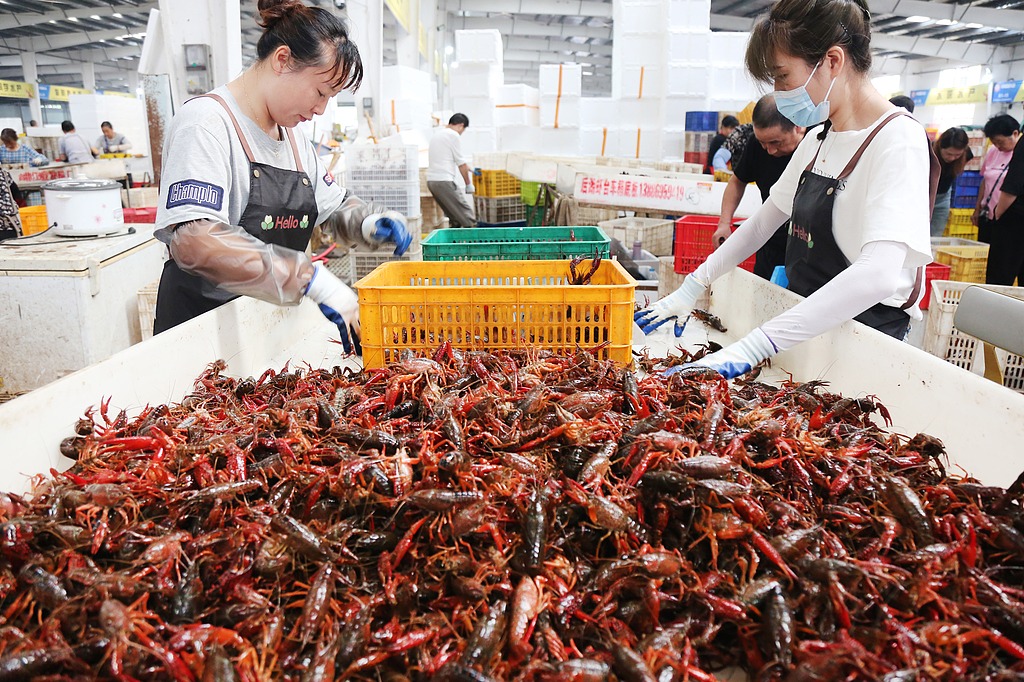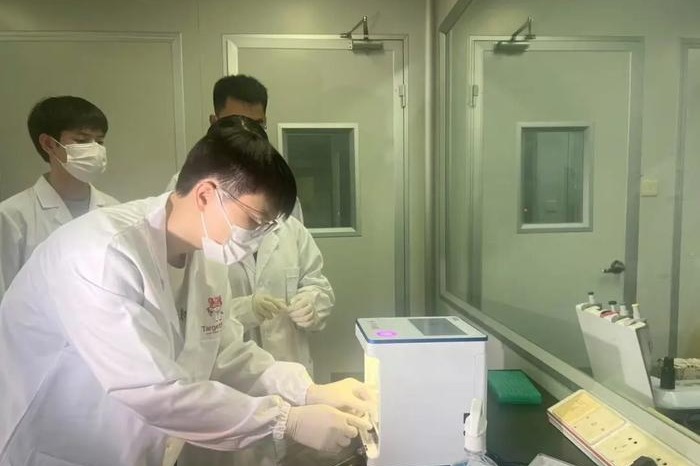For the love of Lao She
Director and actor Fang Xu is set to restage his adaptation of renowned Chinese author's 1933 novel, Divorce, with a new title and an abstract twist, Chen Nan reports.

Born Shu Qingchun to a Manchu family in Beijing in 1899, Chinese writer Lao She is best known for his vivid descriptions of grassroots' lives that reflect the social realities of the time, and for his precise depictions of local culture in Beijing, especially through his unique sense of humor and use of the city's dialect.
His novels, including Luotuo Xiangzi (Rickshaw Boy) and Sishi Tongtang (Four Generations Under One Roof), and his plays, such as Longxugou (Dragon Beard Ditch) and Teahouse, have earned him a stellar reputation as a linguistic and literary master worldwide.
For the writer himself, Divorce, which was first published in 1933, was a favorite among his own works, and the one he was most satisfied with.
In 2013, Chinese director-actor Fang Xu adapted the book and premiered a Chinese play under the same title. Ten years later, Fang is going to restage the play, albeit with a different name.
"My friends once joked that I need to change the name for the play because 'divorce' might be an intimidating word for couples coming to the play," says Fang. "It's a joke, but I think it's a good idea. So I decided to name the play The Quest for Love of Lao Li."
The play will be staged on Friday and Saturday at the Capital Theater in Beijing.
The Quest for Love of Lao Li is the title given to a 1948 English translation of the book by Chinese-American writer and translator Helena Kuo. Fang likes the title, describing it as "romantic" and "poetic".
The novel revolves around staff members at the government's finance office. The job seems to be stable and decent, but they all have problems at home.
Lao She's language is full of humor and vividly portrays the down-to-earth characters.
In Fang's adaptation, two male actors, Guo Xiao and Fang himself, play the roles of a dozen characters.
The lead character is Lao Li, a well-educated middle-aged man, who is unhappy with his arranged marriage. For Lao Li, his wife, who is from the countryside, is uneducated. She speaks loudly and doesn't read books. When he tries to read his favorite novel to his wife, his wife doesn't respond at all. He desperately wants to be free from the marriage but he doesn't have the courage to get a divorce.
Another main character is Brother Zhang, Lao Li's colleague, who, on the surface, seems to have a very good relationship with all kinds of people, and believes "there is no problem that cannot be solved". In Zhang's eyes, marriage is not about two people having any common language. Marriage endures as long as the husband makes money and the wife manages the housework at home. However, when his son is taken to prison, Zhang's marriage also hits the rocks.
There is also Wu Taiji, whose wife is angry about Wu taking a concubine. In the end, she decides to grin and bear it, because she knows that if she gets divorced, she will lose her long-term "meal ticket".
"Lao She's works are considered classics because they have the power to transcend time and space. When I read Divorce, which was published 90 years ago, I still feel a connection," says Fang. "The ideas and feelings of people about marriage, society and human nature portrayed by Lao She still resonate today. That's why I want to bring it to the stage and give it a new lease of life."
Actor Guo plays the role of Lao Li. He says that, when Fang decided to adapt Divorce into a play, he was very intrigued because it's a great challenge for two actors to play so many characters, including female roles.
"When I saw the stage set, I totally got it. It is abstract, leaving space for the audience to imagine," says Guo.
"Fang borrowed methods of traditional Chinese operas to present the play, simple and abstract. He tells the story by using a number of different methods, such as monologues, conversations and pingshu (a traditional Chinese art form of storytelling).
"Fang, as a director, also breaks the wall between people on the stage and the audience," he adds." For example, my first line will be recited while standing in the audience. I will ask questions and the audience members will improvise their responses."
A live band will be featured in the play. Three traditional Chinese musical instruments, bamboo flute, xiao (an end-blown bamboo flute) and sanxian (a three-stringed plucked musical instrument), will be used to paint a musical portrait of old Beijing, as well as reflecting the inner world of the characters.
Divorce is not the first work of Lao She that Fang has adapted. The Beijing native, in his 50s, who graduated from the directing department at the Central Academy of Drama, started adapting the author's works in 2011.
His first adaptation was a one-man show based on the writer's novel Wo Zhe Yibiezi (The Life of Mine), which tells the sad story of a low-rank policeman in Beijing in the early 20th century. It was a big success when it premiered in Beijing.
His other adaptations include Er Ma (Mr Ma and Son), which draws largely on Lao She's experience when he taught Mandarin at the University of London from 1924 to 1929; Lao She's Six Stories, based on six short stories written between 1934 and 1935; and Niu Tianci Zhuan (The Story of Niu Tianci), which was written in 1934.
"The greatness of Lao She's writing lies in his deep understanding and portrayal of human nature," says Fang.
"The characters in his works remind me of my hutong neighbors when I was a child. They are so ordinary, vivid and real, which is fascinating to me," says Fang, noting that it will be the 57th anniversary of Lao She's death on Aug 24.
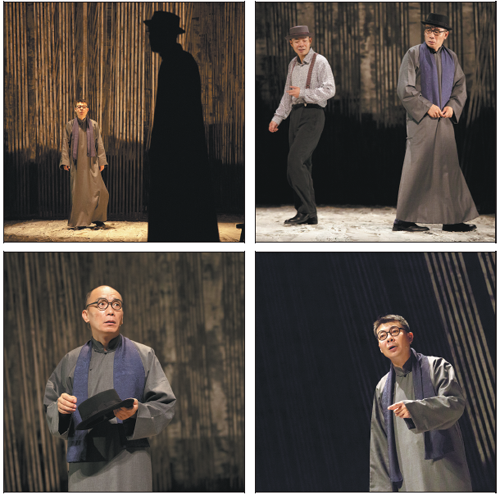
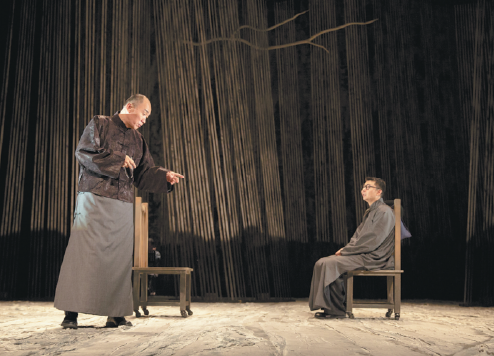
Today's Top News
- Trump, Putin tout 'productive' Alaska talks without apparent breakthrough
- A year's rainfall in a single day
- Negotiation the only way out for peace in Ukraine: Editorial flash
- Nation's AI-backed drug market hits global stride
- New evidence of Japanese germ warfare made public
- Heroic rescue forges lasting friendship

















